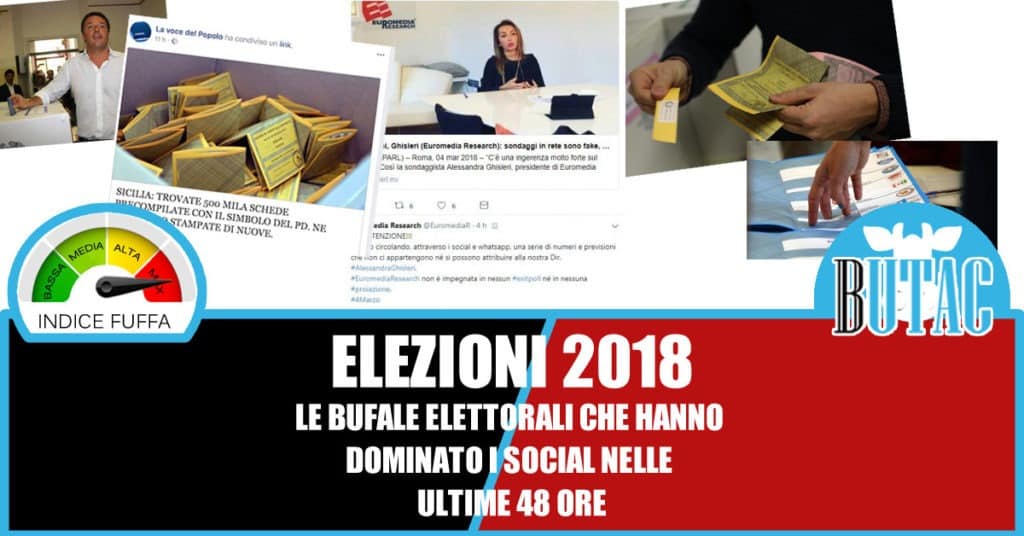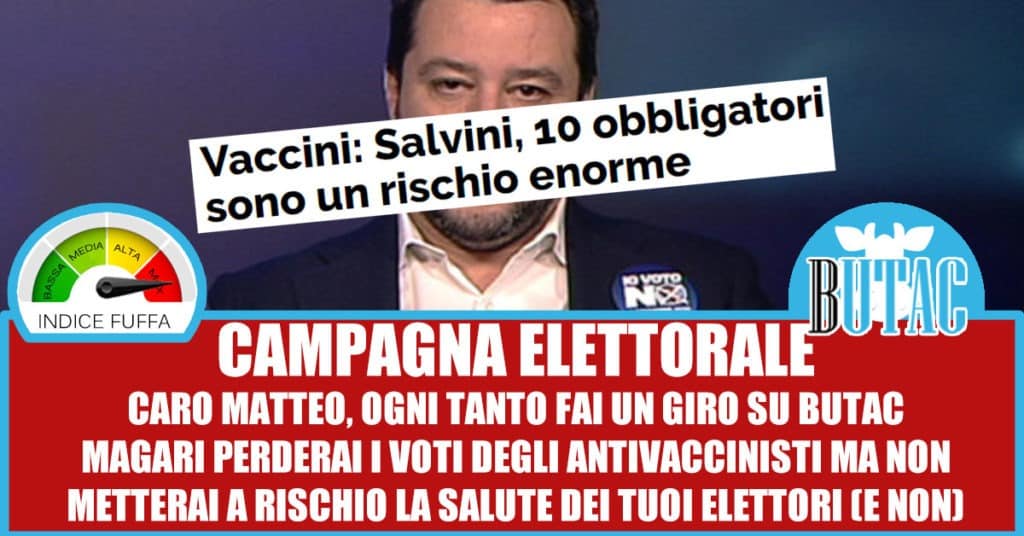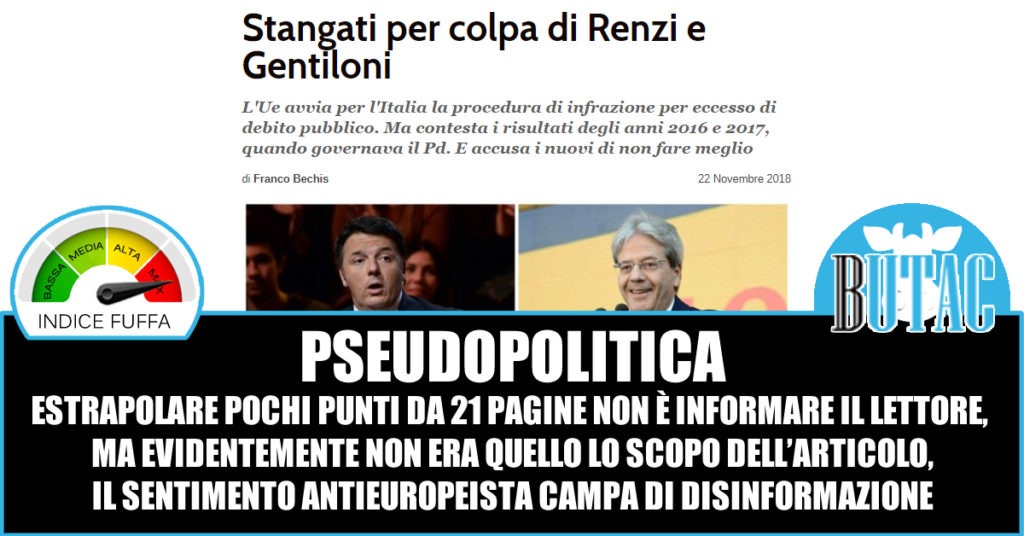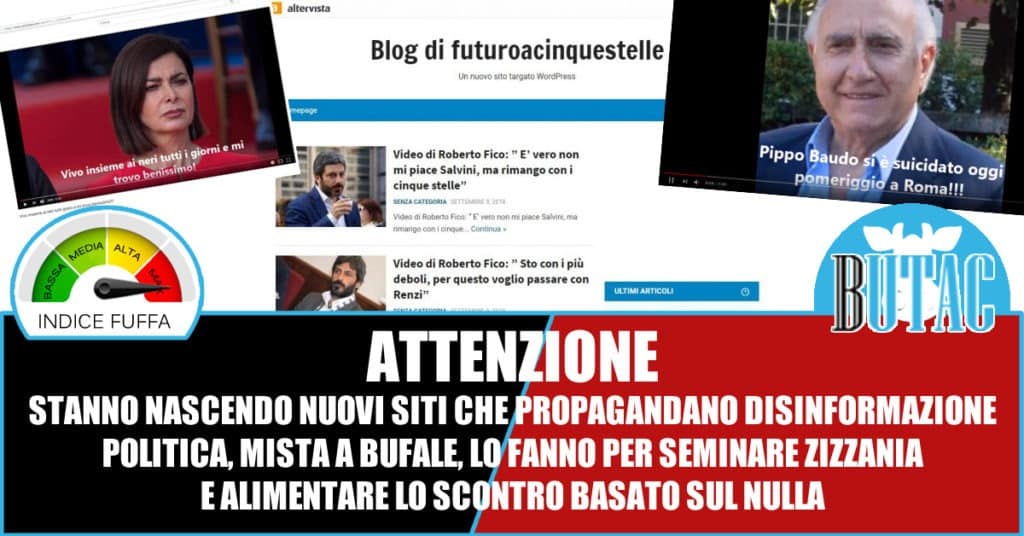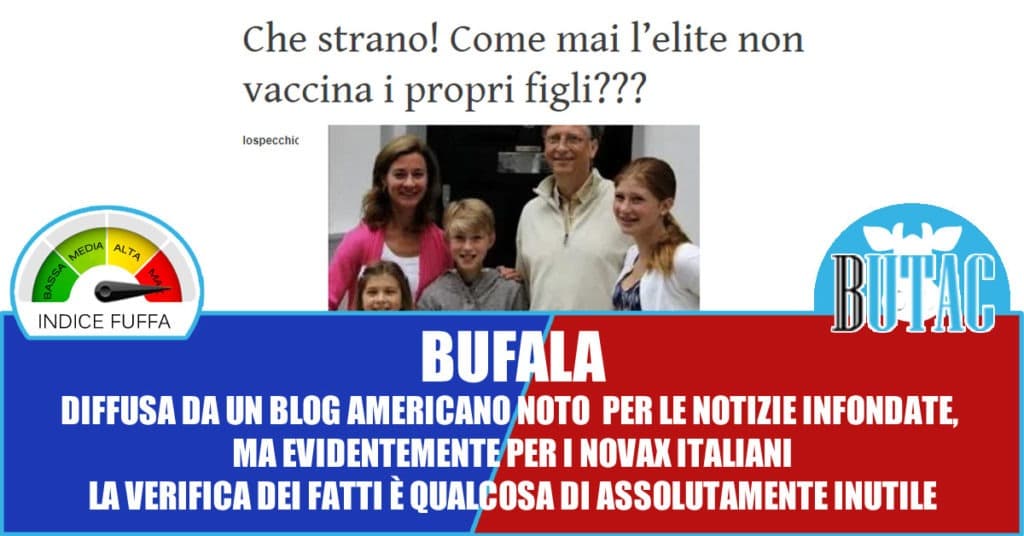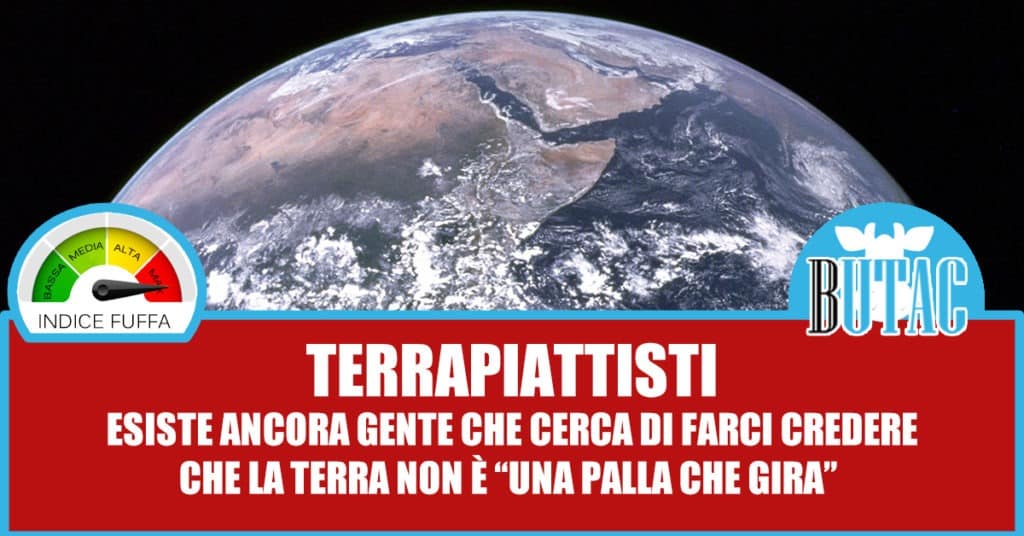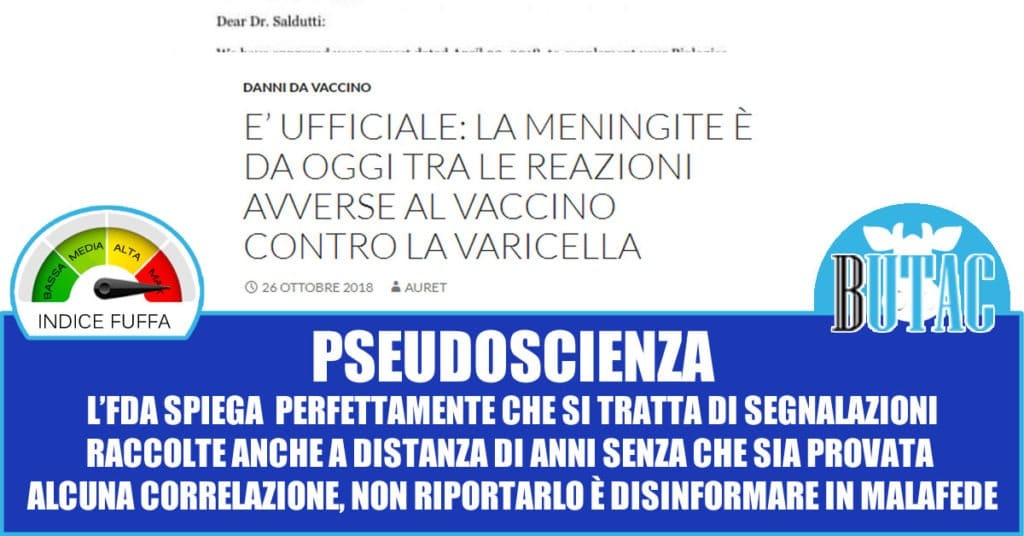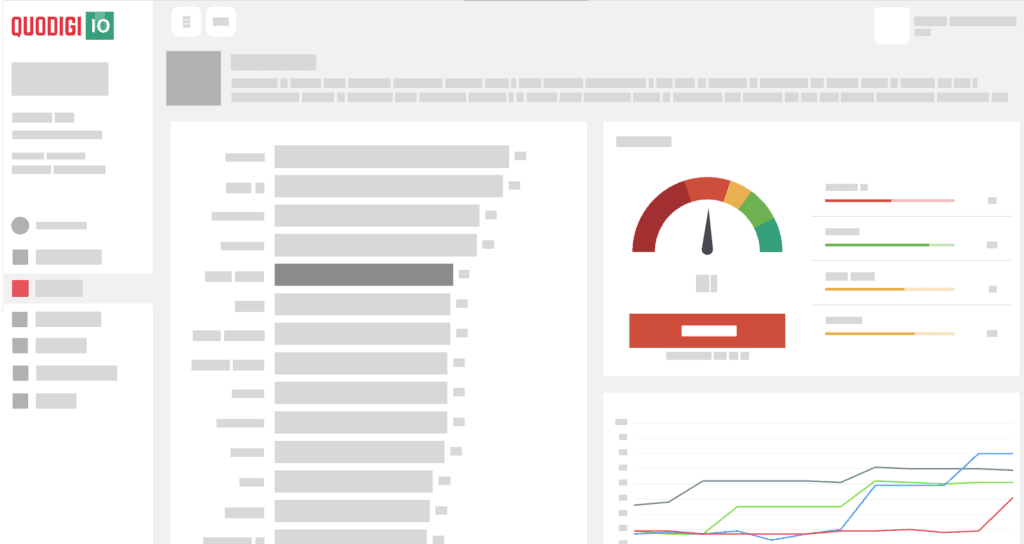It's no mystery to those in the industry the strategy used for consensus building through constructed news to generate interest (and therefore clicks and views) around a sensitive topic. Here is an article with some literature that takes stock of the topic of fake news between past and future.
The closest roots of the fake news of our time
Having no historiographical pretensions, we limit ourselves to dealing with contemporaneity, that is to say the generation of consensus and the manipulation of large strata of the population, through fake news, in the internet era.
It must be said, however, that fake news are as old as the world and, in the most diverse forms, have been used since well before the internet1. From a communication point of view, the most obvious roots of fake news in our times can be traced back to the authoritarian regimes of the last century, which used it to promote their policies, most often focused on social hatred and based on terror2.
They are mostly based on a simple principle: for example, the identification of one or more enemies for the promotion of ideas and ideologies to be rooted in the masses. Authoritarian regimes made wide use of all available media (radio, newspapers, printed paper), among which the most important technological instrument was the cinema.3for the ease with which it reached the viewer and for its ability to make an impact, even from an emotional point of view.

What has happened subsequently, first with the spread of TV and more recently by means of the Internet, is not dissimilar in its basic mechanisms and modes of social engagement: what has changed is rather the speed with which this information spreads.
"The Internet, so different to the press to which you often
compares it without due caution, but nevertheless agrees with it
the peculiarity of giving individuals who use it
a power to control and dominate language."Derrick de Kerckhove
Why is fake news constructed and distributed?
The reasons are the most varied: here is a brief excursus on the most common ones
Political motivations
Politics being the favourite place for the exchange of opinions and ideas, it is quite easy to create consensus around a topic, just take the right topic for the right niche: it is not important the topic itself. There will always be a niche willing to receive and promote it. Leaving aside political orientations, the parties that have benefited most in terms of electoral consensus are those defined as "populist"4. The phenomenon deserves an in-depth study of its own, since in addition to being worthy of study, it has an international and not only national scale.
Economic reasons
Economy moves the world! Think of all the scandalous news, of any kind and on any subject: they are created to generate a click. A click, which is the most innocent act in the world, towards a news item brings traffic to that particular source, which is usually full of advertising space of all kinds. The digital scenario is an ideal habitat for the creators of fake news. For some it has become a full-time job to create and spread fake news for economic purposes.5
When there are business motivations behind the spread of fake news, rest assured that you are not at all interested in the subject matter (for those who promote the spread of fake news, everything and the opposite is true, even on social communities of diametrically opposed ideologies), what matters are the views and clicks, which in digital marketing are synonymous with economic remuneration through advertising. And this is where the sensationalist tone finds its reason for being, because it becomes "click bait", a phenomenon also known as clickbaiting.6.
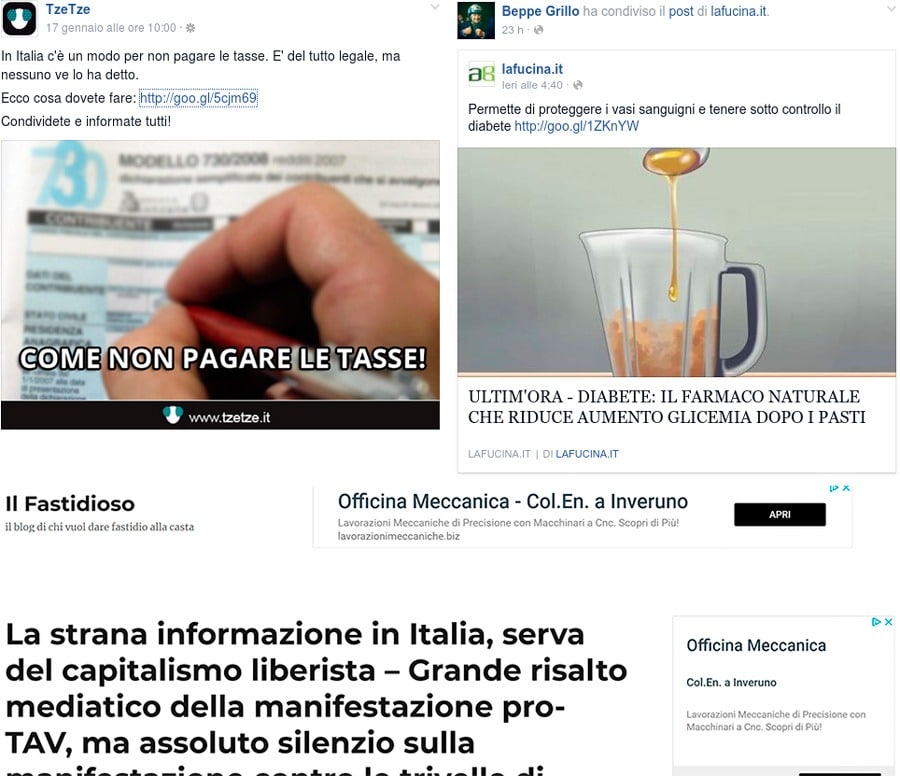
Social Reasons
On the great social issues I really struggle to find an univocal motivation. Probably a mixture of political, economic and belonging reasons. What is certain is that there are communities, or at least niches of people, who believe that you can cure cancer with bicarbonate.7, or that the earth is flat and surrounded by armed giants that prevent us from crossing the ice around the earth8. I have taken two of the most famous examples: the no vax (harmful) and the terraplatters (funny), but anyone would be surprised how many "social groups" exist and go to settle baseless beliefs on the most disparate topics, sometimes absurd.
Evolution of publishing from search engines to social media
Before the advent of social media, the primary traffic-gathering tool for websites were search engines. The search algorithms were more rudimentary (and therefore more governable by searchers) and there was a wider and more widespread exploitation of what I call "capturing the need of the searcher". This approach has by no means disappeared, quite the contrary. Many of the most famous sites today are the evolution of the application of this dynamic.
To give an example take all the sites of heterogeneous themes that you can think of and propose a simplified answer. Some of these sites are those of tutorials/guides and are the representation of this digital evolution:
- How am I supposed to...
- The 10 best...
- How do I fix...
- It hurts...
- Lose 10kg in 10 days...
- Earn money easily with...
[…]
The so-called SEO - Search Engine Optimization9 is the discipline that has the ultimate goal of making a result appear in the first pages of search. For those who know the rules and dynamics of this discipline of digital marketing allowed (and allows, albeit in a different way) to reach with "cheap" news (easy to make and not necessarily fake news) a good slice of searchers, very often with the aim of increasing views, then clicks and related advertising revenue.
It must be said that in any case at that time (about 15 years ago) it was a different and certainly more restricted public. Consider, for example, that once upon a time it was more complex than today for a functionally illiterate person10 have access to information channels, but precisely because of this it was also more difficult to expose oneself to possible manipulation. In this scenario, social media (supported by facilitated access to technology also via mobile and internet) come into play in a big way, and add another piece to the puzzle..
What are the rules of engagement?
Since social networks are hybrid tools of fruition, they allow the interaction between several stimuli (text, audio, images, video) and the possibility to comment and distribute the news to one's own network. It is therefore a very powerful tool for the ease of interaction that it allows.
Schematically, the process of generation, distribution and remuneration of fake news is as follows:
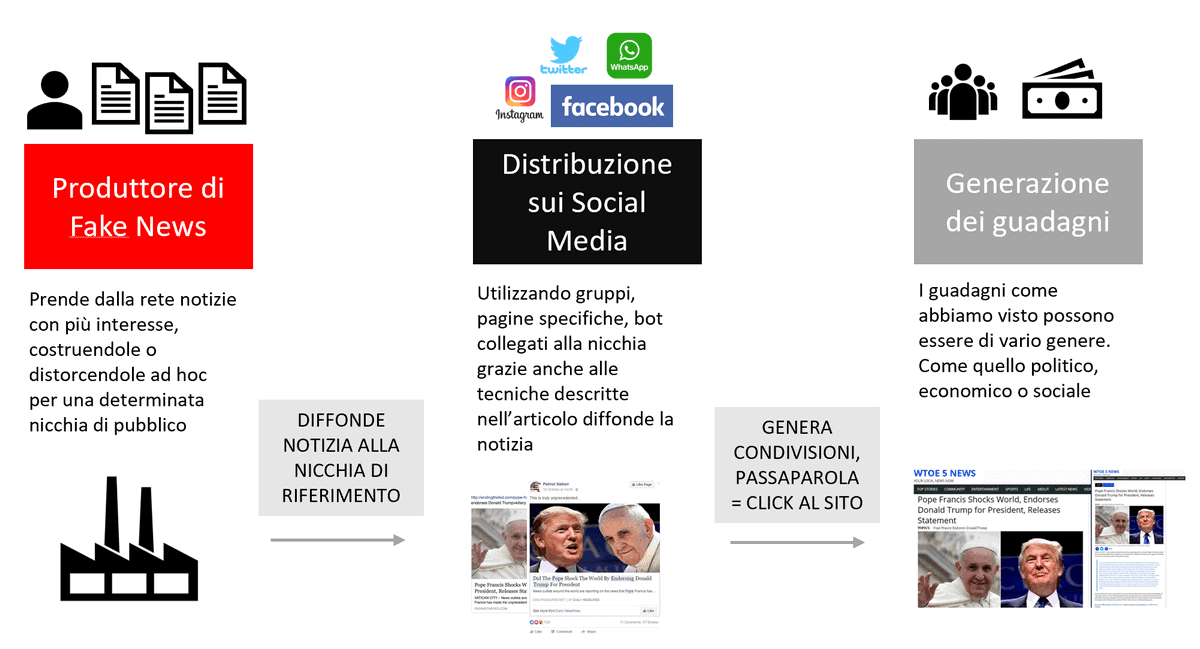
The cost we have paid in 15 years of the popular internet is the depreciation of the quality of editorial and social information, which is still rapidly changing. Towards which scenarios will lead us and in which way all this system is influencing our society, especially the youngest, is still unclear and changing
The topics most exploited by fake news, especially in Italy, are politics and science. I take in support of what has been said some pivotal interpreters of the different roles involved: of those who fight this phenomenon, those who have exploited it and those who exploit it
- Roberto Burioni - Doctor and popular science, became famous on social media for his work against misinformation on vaccines. Recently promoter of an editorial project of fact checking in science (MedicalFacts.com)
- Beppe Grillo - January 2019, insulted by a part of his fan base (no vax) on his official Facebook page for having signed the "Transversal Pact for Science" also promoted by Roberto Burioni himself recently
- Example site of constructed news - Politically motivated, still accessible online
MEDICAL FACTSAbout a year ago, observing with surprise the great success of this page I wondered what might be its fate in the future. I thought the best thing was to close it at the time of the last vaccine of the childhood of my daughter Caterina. Although you may not believe it, becoming famous has never been a priority of mine, political ambitions I have shown that I do not have them with the facts and for those who imagine me greedy, the economic returns of my public commitment were derisory compared to the time spent and earnings that offered and offers my professional activity. But Caterina's last vaccine arrived at the end of last year and, as you can see, I did not close this page. This is because, on reflection, I realized that I have established a relationship of mutual trust with many people: you read me, you understand what I say and believe what I say. Since conveying correct information in the medical field is important (it literally saves lives), I felt that dispersing this trust would be a real shame. At the same time, exploit this relationship only to talk about vaccines is limiting: there are many other interesting topics, important and about which there are dangerous lies. So, instead of closing the page, I decided to raise the bar. No longer just vaccines, but also other topics. Obviously not alone, because I do not want to put me to talk about things of which I am not an expert, so I will be helped by very good colleagues who will tell you, with my help, other important topics with the clear and understandable style that has always distinguished this page. At the same time this page - which will continue to exist, enlarging and enriching the contributions - will be flanked by the MEDICAL FACTS site (www.medicalfacts.it), to make it easier to consult and search for topics and to have a space available that would be impossible to obtain on this page. On the site there will be articles, videos, insights, data, in short, everything you might want to know about your health and that here on Facebook you would have to search hard. In the future there will be other news, about which you will be promptly informed on this page. This is a new commitment for me, but I face it with enthusiasm, sure that it can be something useful for all of you, for your children, for your loved ones and for the whole society. Because in medicine facts count, and not opinions. www.medicalfacts.it PS: For the first time, please share and spread this message, to win together the bet against ignorance and selfishness. #MMedicalFacts
Published by Roberto Burioni, Physician on Sunday, November 25, 2018

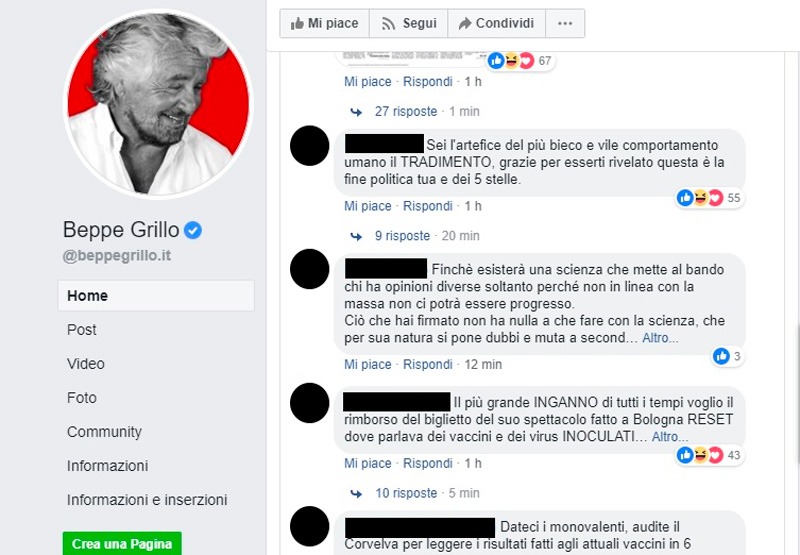
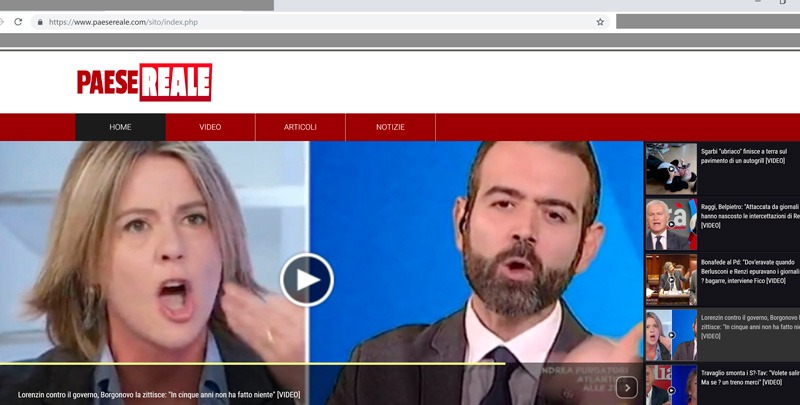
There's a couple of pieces of good news: someone fights the phenomenon. Fact Checking sites11 or the example of Roberto Burioni, are tangible proof of this.
The other good news is that whatever road we take as a collective will be fast and interconnected!
The Internet speeds up processes. And this can also be positive.
Is it better to discover a betrayal in 1 year or in 30 years?
What to do?
"If I saw further
is because I stood on the shoulders of giants."Isaac Networn - from a letter to Robert Hooke. Aphorism of Bernard of Chartres
Confront
Checking the news on several sources, even with diametrically opposed ideologies, has always been a good method to get a sensible idea. There are, as just exemplified, very interesting national and international projects that seek to raise awareness on the theme of hoaxes and fake news through in-depth analysis of the most sensitive and sensationalist news. Confrontation increases. It must be specified that there are fields in which we no longer fall within the field of opinion, such as science. Therefore, the privileged point of view of people who are competent on a subject (scientific or not), whose authority is recognized, should also be valued.
Would you trust someone who didn't have a medical degree to operate on you?
Assess
The quality of the source of information. Very trivially: is it a reliable site?
There is no source that is 100% reliable and there are no universally valid tools to evaluate it objectively, however it is clear that a website, with an unlikely name, with dubious news (scandalistic and not very in-depth and without references), where the author who spreads it is anonymous or disguised as a generic "editorial staff" does not tend to be a reliable place of information.
Would you trust an affable merchant who tries to sell you his goods sight unseen?
Study
I'm fresh off an extraordinarily timely read despite not being recent "Allegro ma non troppo" (1988) by the well-known Italian economist Carlo M. Cipolla. Not to be manipulated by "easy" news and by those who have always divided the world into good and bad is the basis of his essay on "the fundamental laws of human stupidity"12. Study has always been the individual weapon that each of us can deploy to develop the capacity for critical thinking; it has always been at the same time the enemy of those who, thanks to stupidity and ignorance, manage to make some kind of profit.
Would you trust someone who told you not to learn to read because there was no need?
Scary and exciting challenges lie ahead. Today more than yesterday studying is the most effective way to build defenses and ideas. Avoiding to do it on fake news sites, conspiracy sites or in any case unreliable ones, is difficult, but necessary. Precisely because that kind of simplified education, as history teaches us, has always been at the service of those who want us intellectually weak.

